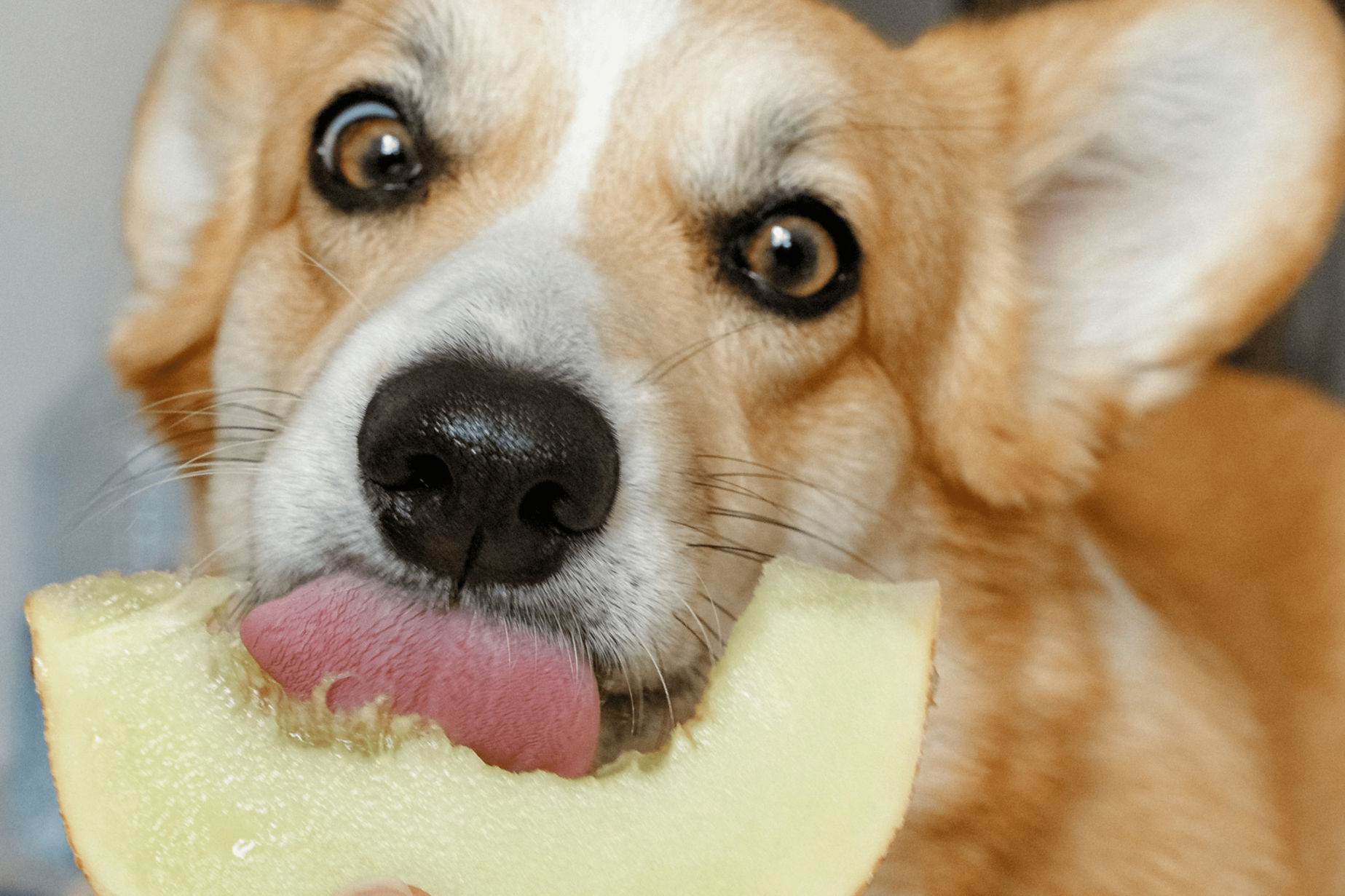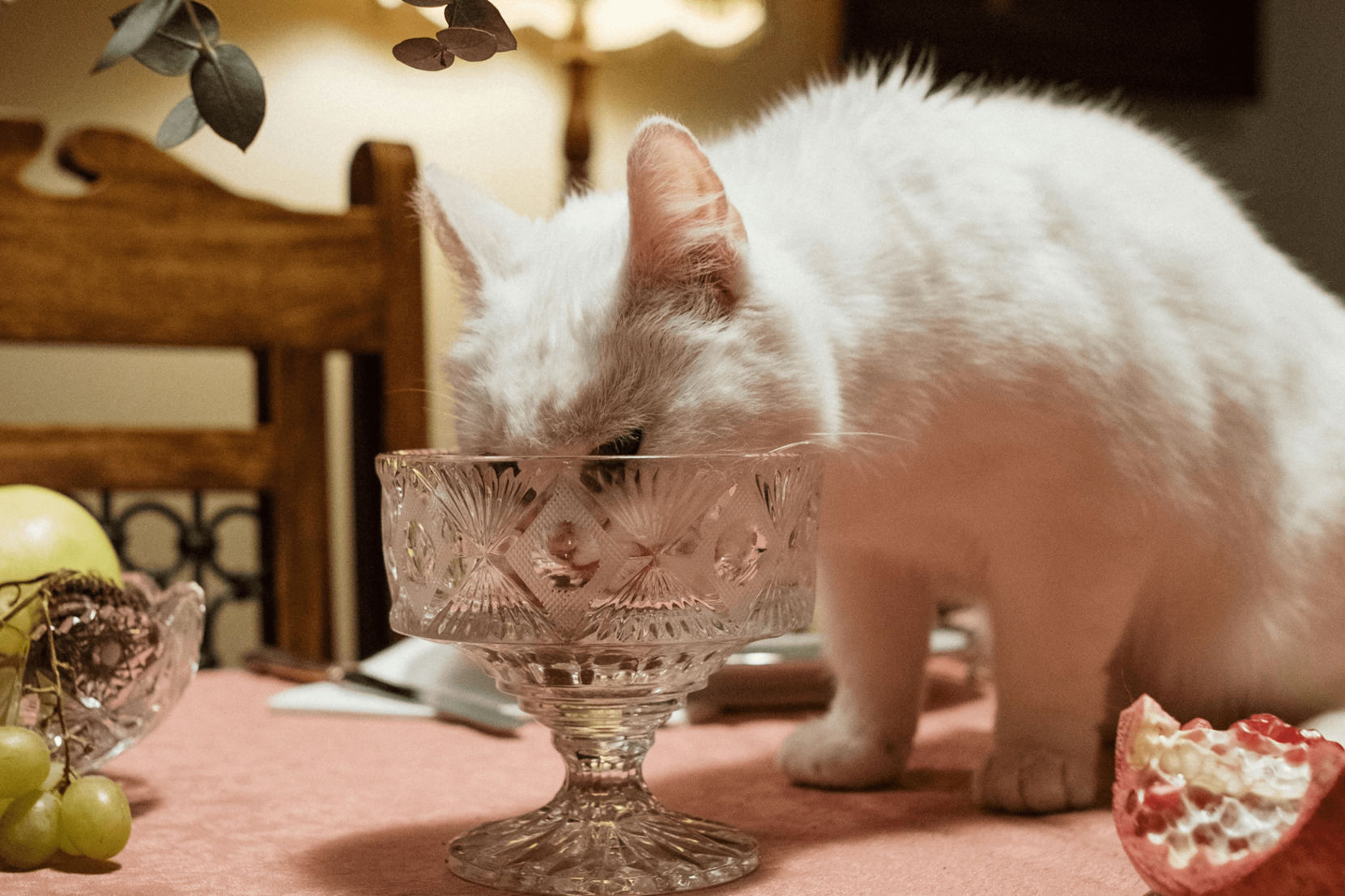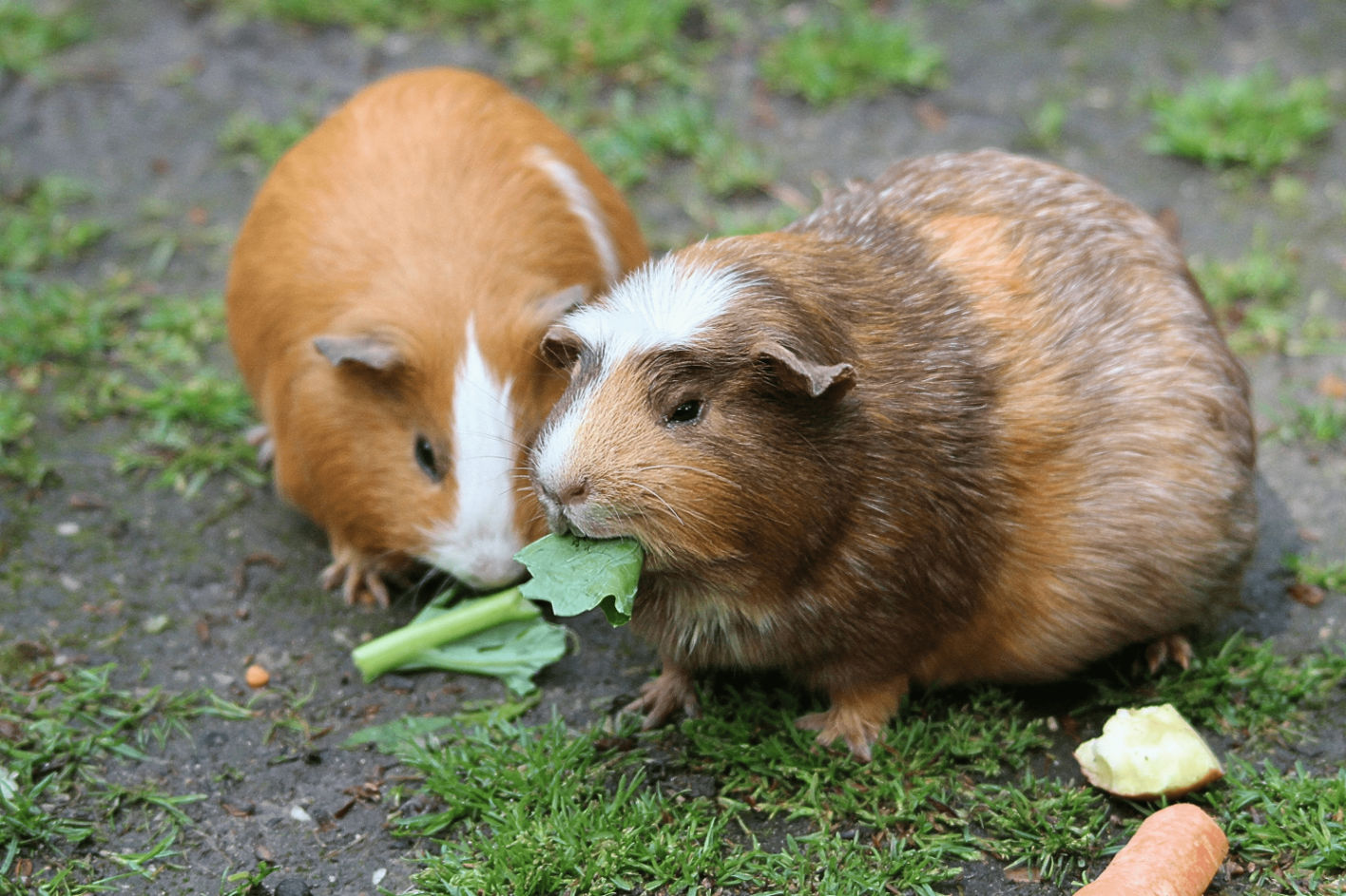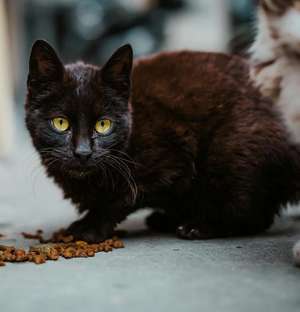
Pet Nutrition Essentials: A Comprehensive Guide
Navigating the complex world of pet nutrition can be daunting for pet owners. Understanding the fundamentals of pet nutrition, including healthy diets for dogs and cats, vital supplements, and ingredients to avoid, is crucial for ensuring the health and happiness of your furry companions. This comprehensive guide aims to illuminate the key aspects of pet nutrition, empowering you with the knowledge to make informed dietary choices for your pets.

Essential Pet Nutrition Guide: What Every Pet Owner Needs to Know
Healthy Diets for Dogs and Cats
The cornerstone of any pet's health is a well-balanced diet. Dogs, as omnivores, require a diverse mix of proteins, fats, carbohydrates, and essential vitamins and minerals. Cats, on the other hand, are strict carnivores and need diets rich in animal proteins and specific nutrients, such as taurine, to thrive.
Vital Supplements for Pets
While a balanced diet meets most nutritional needs, certain health conditions or life stages may necessitate additional supplements. Omega-3 fatty acids, for example, promote a healthy coat and skin, whereas probiotics can aid in digestion and immune function. Incorporating these supplements for pets judiciously can enhance your pet's diet and overall well-being.
Ingredients to Avoid in Pet Food
Not all pet food is created equal. To safeguard your pet's health, it's important to avoid foods containing harmful by-products, excessive fillers like corn and wheat, artificial colors, and preservatives. These pet food ingredients to avoid offer little nutritional value and could potentially harm your pet's health.
Deciphering Pet Food Labels
Understanding pet food labels is essential for choosing the right food that meets your pet's nutritional needs. Look for foods that prominently feature high-quality protein sources and avoid those with ambiguous ingredients or unnecessary fillers. Ensuring the food meets or exceeds the nutritional guidelines set forth by authoritative bodies like the AAFCO is also crucial.
The Role of a Balanced Diet in Pet Health
A balanced diet is not just about meeting the basic nutritional needs of your pets. It's about enhancing their quality of life, ensuring they have the energy to play and explore, and reducing the risk of diet-related health issues. Whether you opt for commercial pet food or homemade diets, the goal remains the same: to provide nutrition that supports a long, healthy, and happy life for your pets.

Conclusion
Pet nutrition is a vast and vital field, encompassing everything from daily dietary needs to the strategic use of supplements. By prioritizing healthy diets, being mindful of ingredients to avoid, and understanding when supplements can be beneficial, you can lay a solid foundation for your pet's health and happiness. Remember, each pet is unique, and their nutritional needs can vary widely, so consider consulting with a veterinary nutritionist to tailor a diet that suits your pet's specific requirements.





